Eco-friendly football stadium under construction
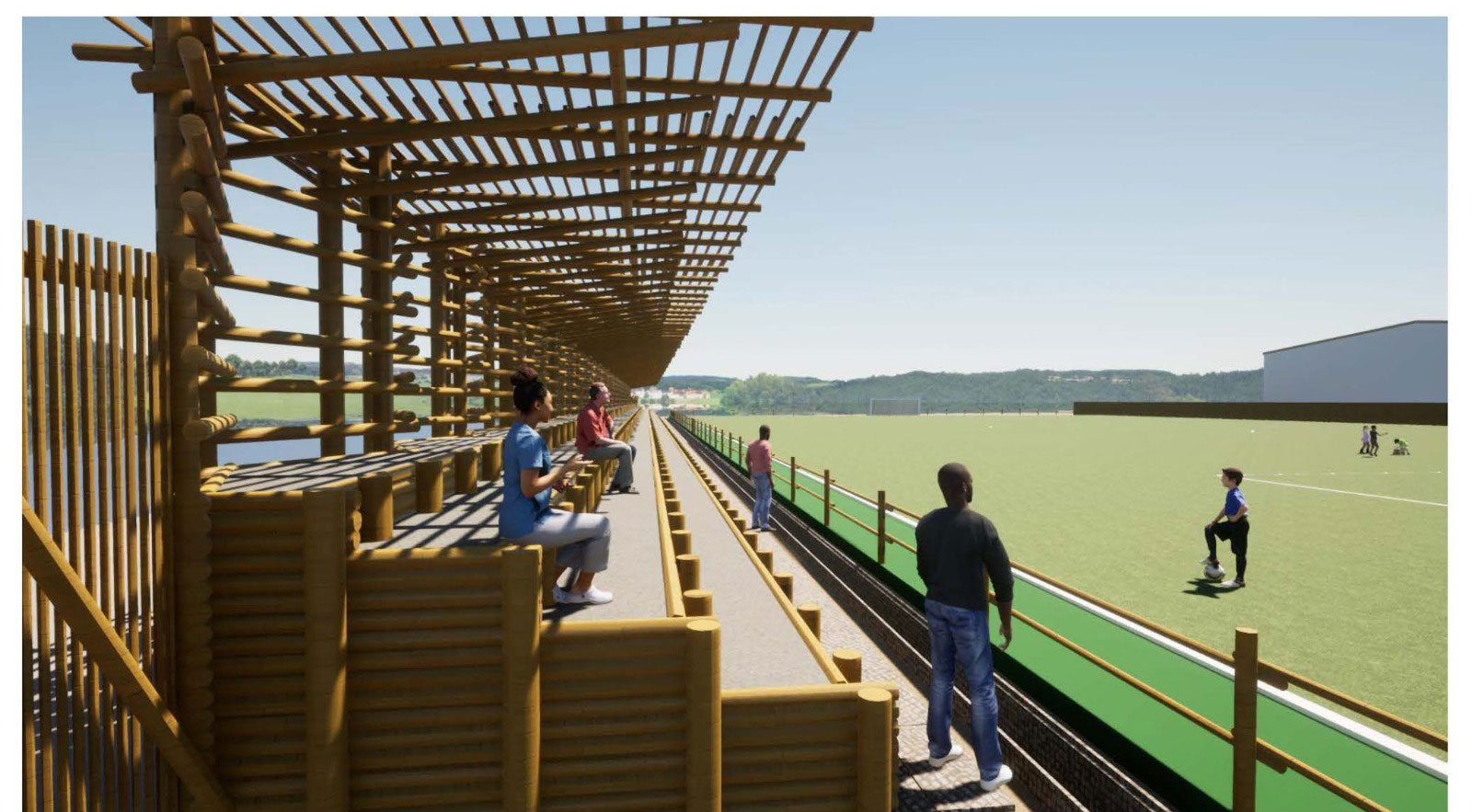
SHARE THIS PAGE!
Staff Reporter
Lesotho is poised to welcome a groundbreaking 1,280-seater football stadium constructed primarily from sustainably sourced timber, dubbed ‘the Stadium of Life’.
Construction of the stadium began in August 2023, and it is scheduled to open in December this year.
Located in Maseru, this innovative project, which harnesses timber’s renewability and carbon storage properties, stems from a collaboration between local charity and football club Kick4Life (K4L), non-profit organisation Relationships Inspiring Social Enterprise (Rise International), the Forest Stewardship Council® (FSC®), and international certification body DNV.
The Stadium of Life represents a pioneering venture in several respects. Not only will it be Africa’s first FSC-certified timber stadium, but it also marks the first FSC-certified project in southern Africa and the third on the African continent. A €75,000 sponsorship by FSC International has secured the naming rights for the next five years.
The structure, which DNV has certified as an FSC project, sets new standards for sustainable construction and environmental responsibility.
FSC Southern Africa marketing and communications manager Gerard Busse says project certification is vital in that it verifies that the forest materials for a project come from FSC-certified forests, recycled, or controlled sources.
“Project certification also ensures the responsible sourcing of timber, supply chain and the promotion of environmental stewardship and community development.”
“Aligned to the shared aim for long-term positive impact on the environment and local communities, DNV inspectors rigorously examined the sustainable methods used, providing useful insights on how to improve the project’s environmental and social impact,” Busse said.
The wooden poles chosen for construction are being sourced from MTO Forestry’s FSC-certified plantations in Mpumalanga, South Africa.
The co-founder of K4L, Steve Fleming, said the stadium’s significance is a platform for social change.
“The new facility will extend the impact of K4L’s existing centre, providing space for daily football-based and social impact programmes and serving as a home ground for football teams,” he noted.
According to K4L country director Motlatsi Nkhahle, “The stadium is designed a multi-purpose facility that extends beyond sport, but also acts as a hub for diverse activities, including climate change education, gender empowerment, academic tutoring, health testing, and entrepreneurship training.”
The existing centre’s social enterprises, including a restaurant and conference centre, generate income to support community programmes and create employment opportunities for youth.
The Stadium of Life aims to foster a connection between football and nature, encouraging visitors to consider the sport’s impact on our natural environment. The concept was developed in collaboration with construction industry graduates from rise’s flagship design and build training programme,in loco, as part of a 10-month fellowship in 2023.
After various design options, timber won, with 8,584 treated Eucalyptus poles forming the west and south stands and a 160-metre perimeter fence.
“As the construction sector increasingly seeks materials with a lighter environmental footprint, lower greenhouse gas emissions and better energy efficiency, eyes are turning towards forest products sector to meet these goals,” said Pedro Clarke, programme director and project lead architect.
The project features a new grass pitch for 11-a-side games, plus a resurfaced five-a-side pitch thanks to donated artificial turf from SIS Pitches. Spectators will enjoy wooden seating on two sides, with separate areas for coaches and teams near the halfway line.
Locally sourced sandstone from Lesotho will add a natural touch to the seating. A canopy of thin wooden beams will provide shade, while a timber fence enhances security. Importantly, the project minimises concrete use, only employing it for the foundations of the wooden poles.
A biodiversity stand designed by Park Associati in Italy in collaboration with rise, will incorporate an array of indigenous plants from across Lesotho, enhancing K4L’s work around climate education and action.
“As such, the ‘Biodiversity Stand’ takes on a double meaning – a stand in the sense of football, but also as a representation for the protection and promotion of biodiversity in the Mountain Kingdom,” Fleming added.
Despite challenges, including funding constraints and a pandemic, the project signifies a triumph of perseverance and commitment to social change.
“It’s a dream come true to see this new evolution of the K4L Centre finally come to fruition,” notes Daniela Gusman, founder and executive director of rise International.
“Having worked on the master plan in 2009, it’s especially rewarding to partner with our in loco fellows on a project that will have a long-term positive impact on the community.
“It exemplifies a paradigm shift in sports infrastructure, combining sustainability, social impact, and cultural representation. As construction progresses, the stadium aims to inspire communities and set a new benchmark for environmentally responsible practices in sports development,” Gusman added.
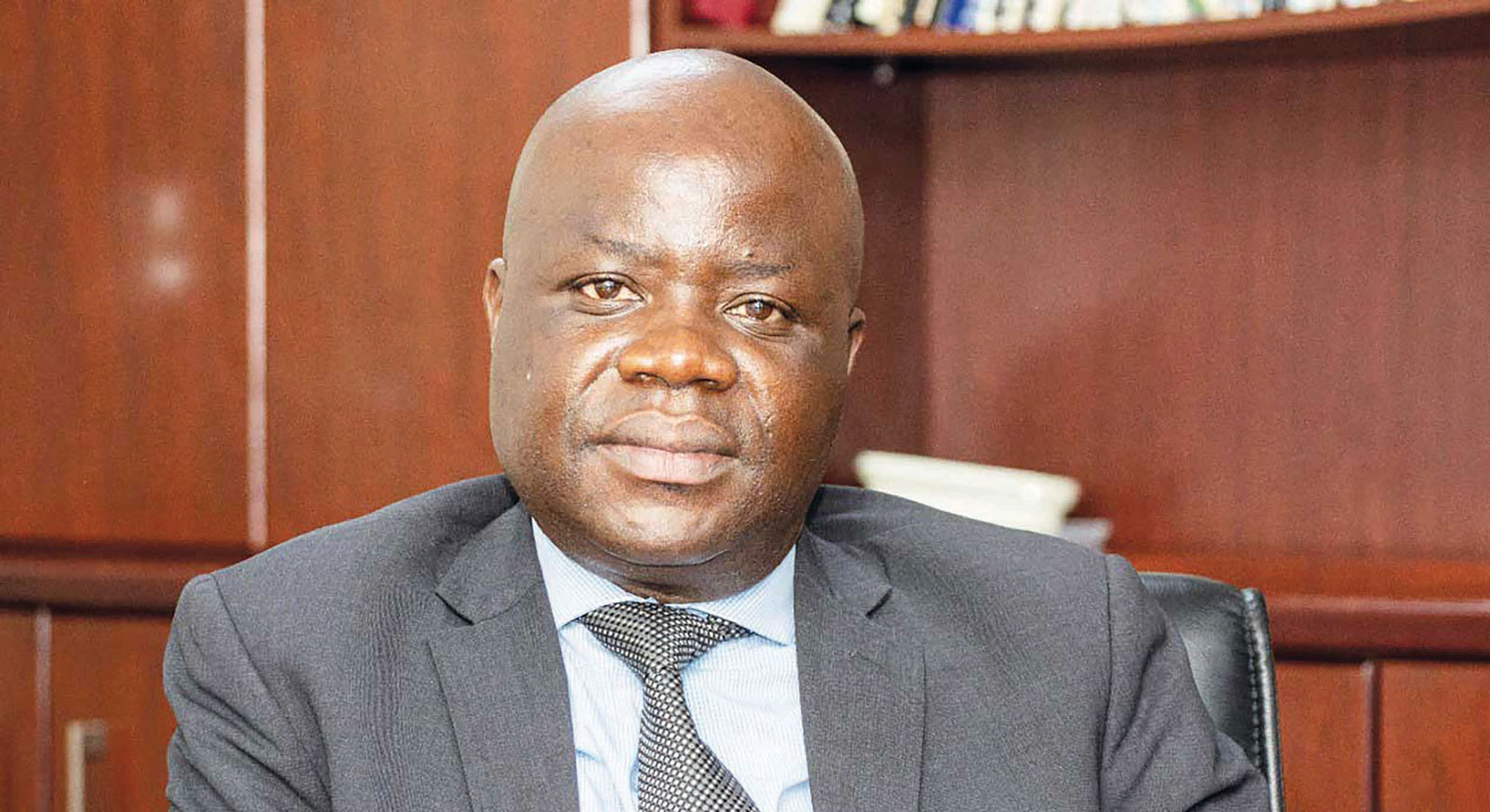
Working to strengthen Lesotho’s health system
6 hours ago
Film lovers look forward to ‘Molelekoa’ release
13 hours ago
New Senqu charcoal sets the scene ablaze
13 hours ago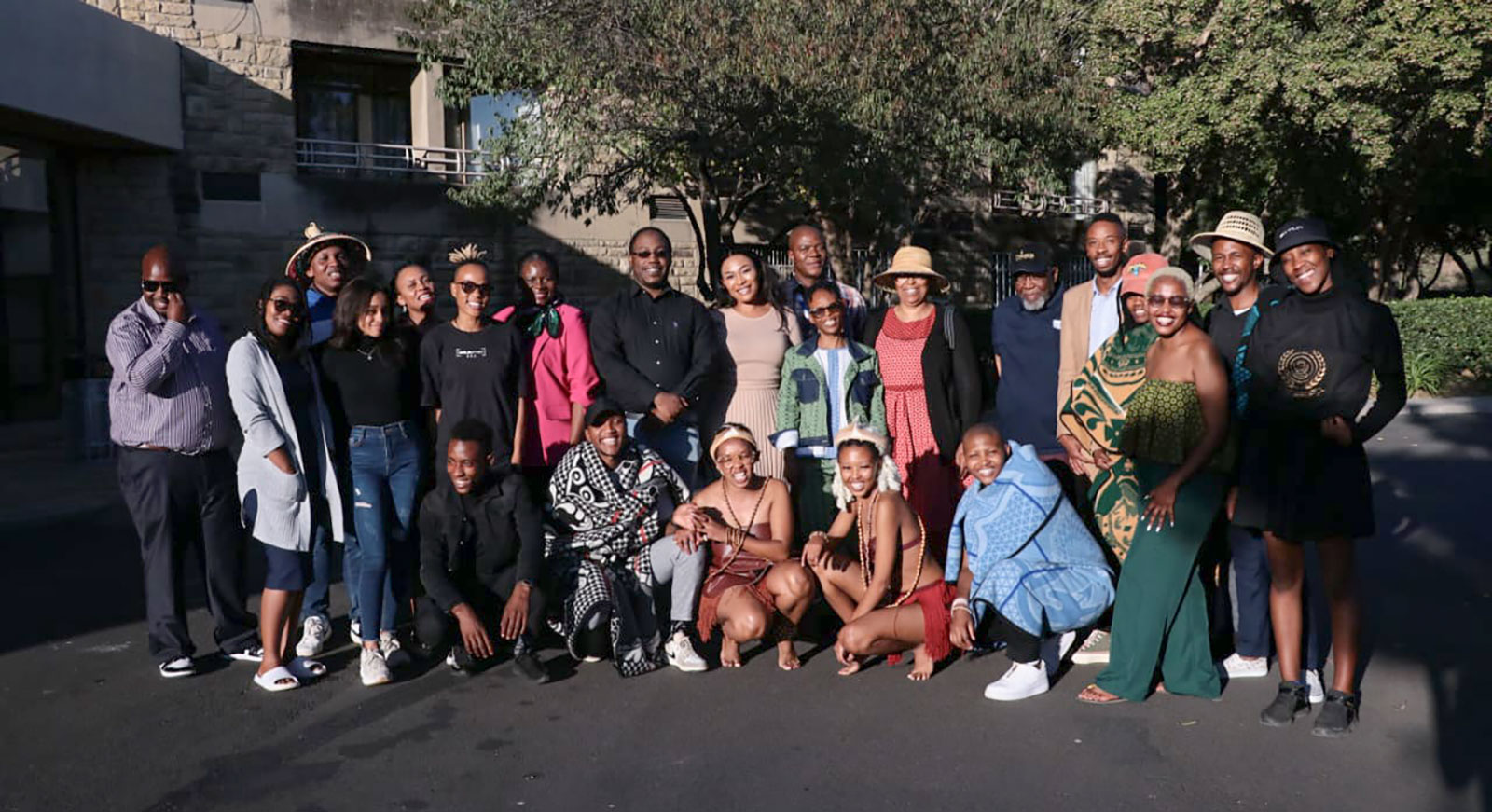
GEM Institute celebrates World Art Day
2 days ago
IEC finds own home, saves on massive rentals
3 days ago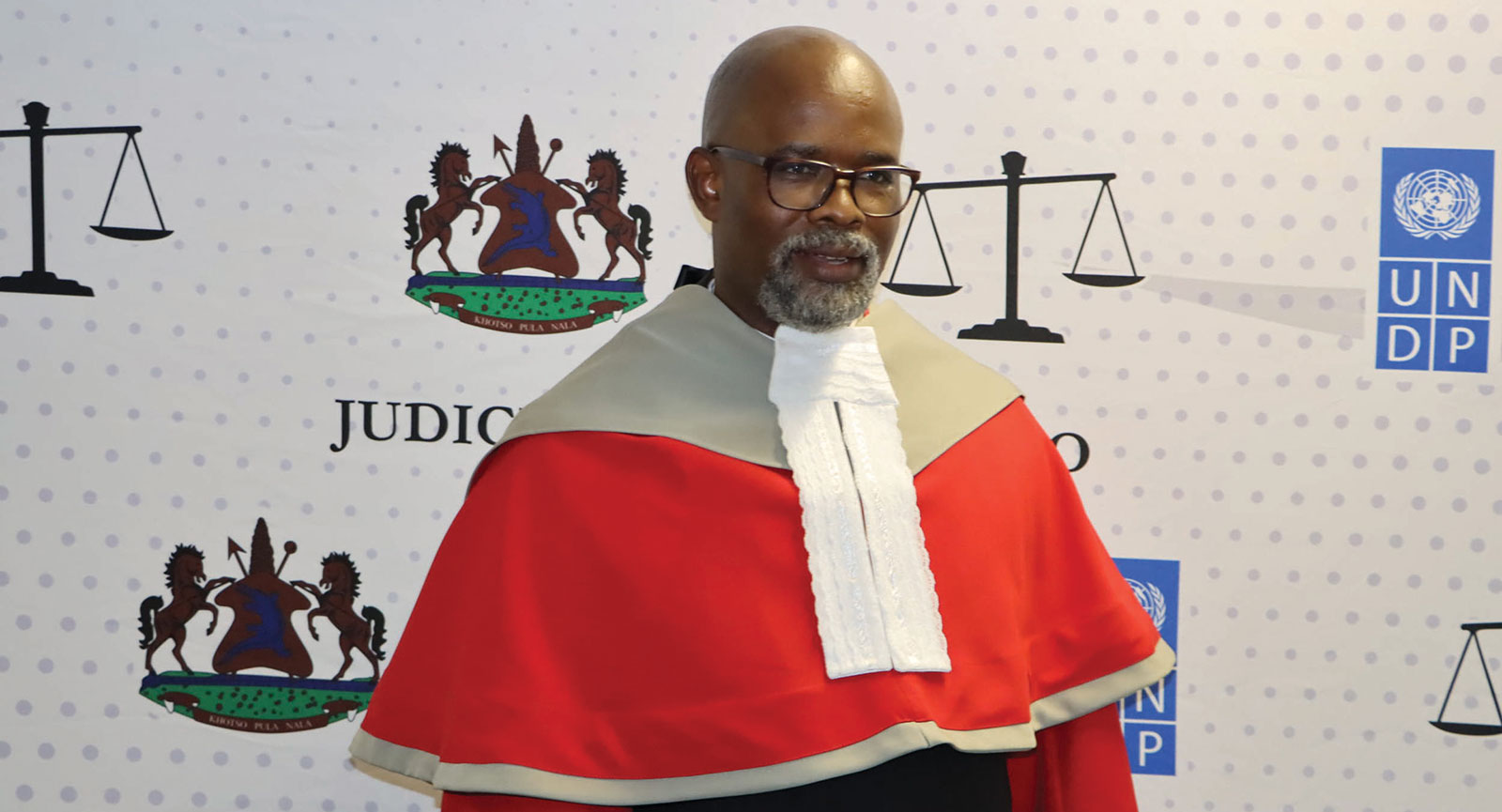
M2m commission to probe LCS torture
3 days ago
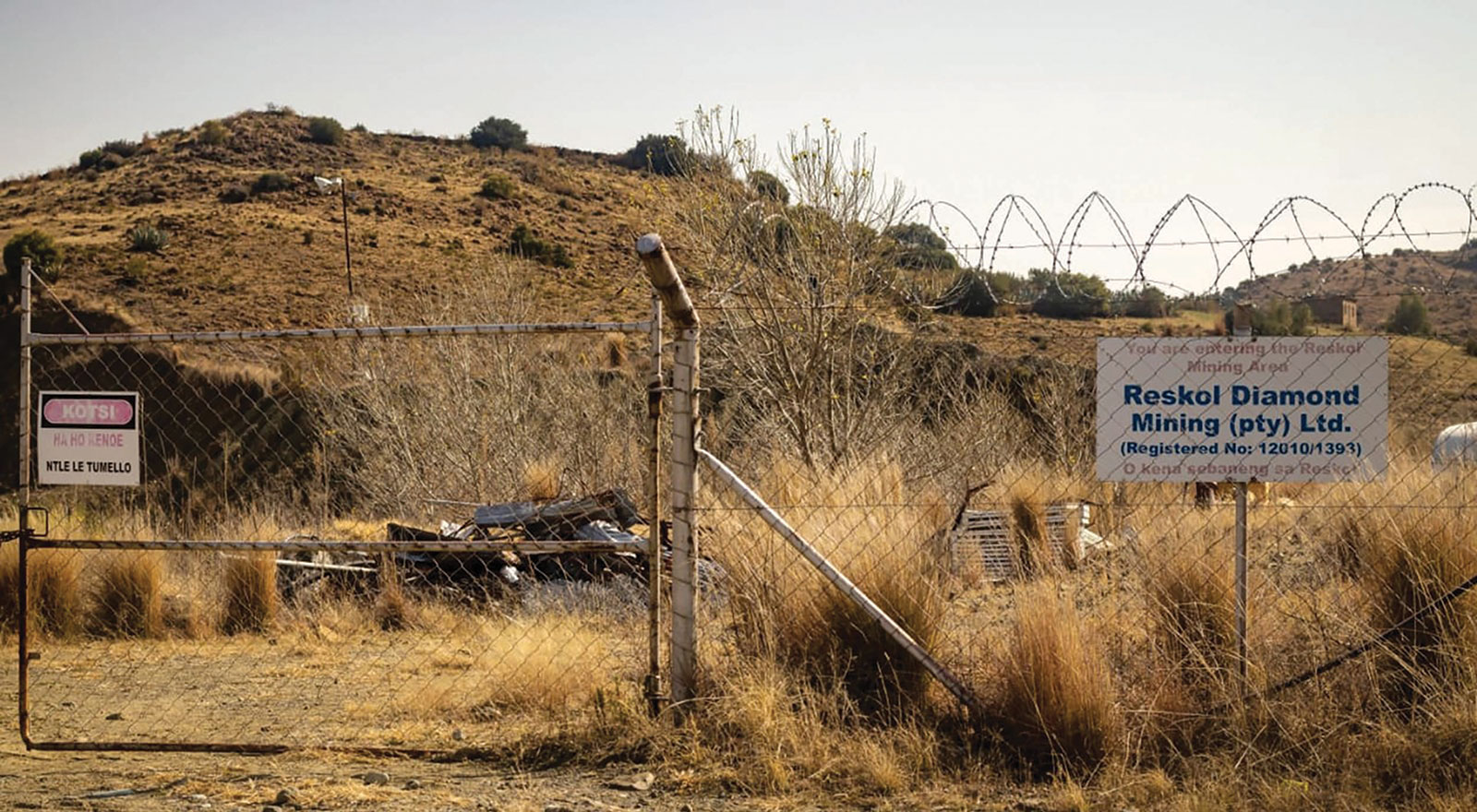
Parly orders mine closure
4 days ago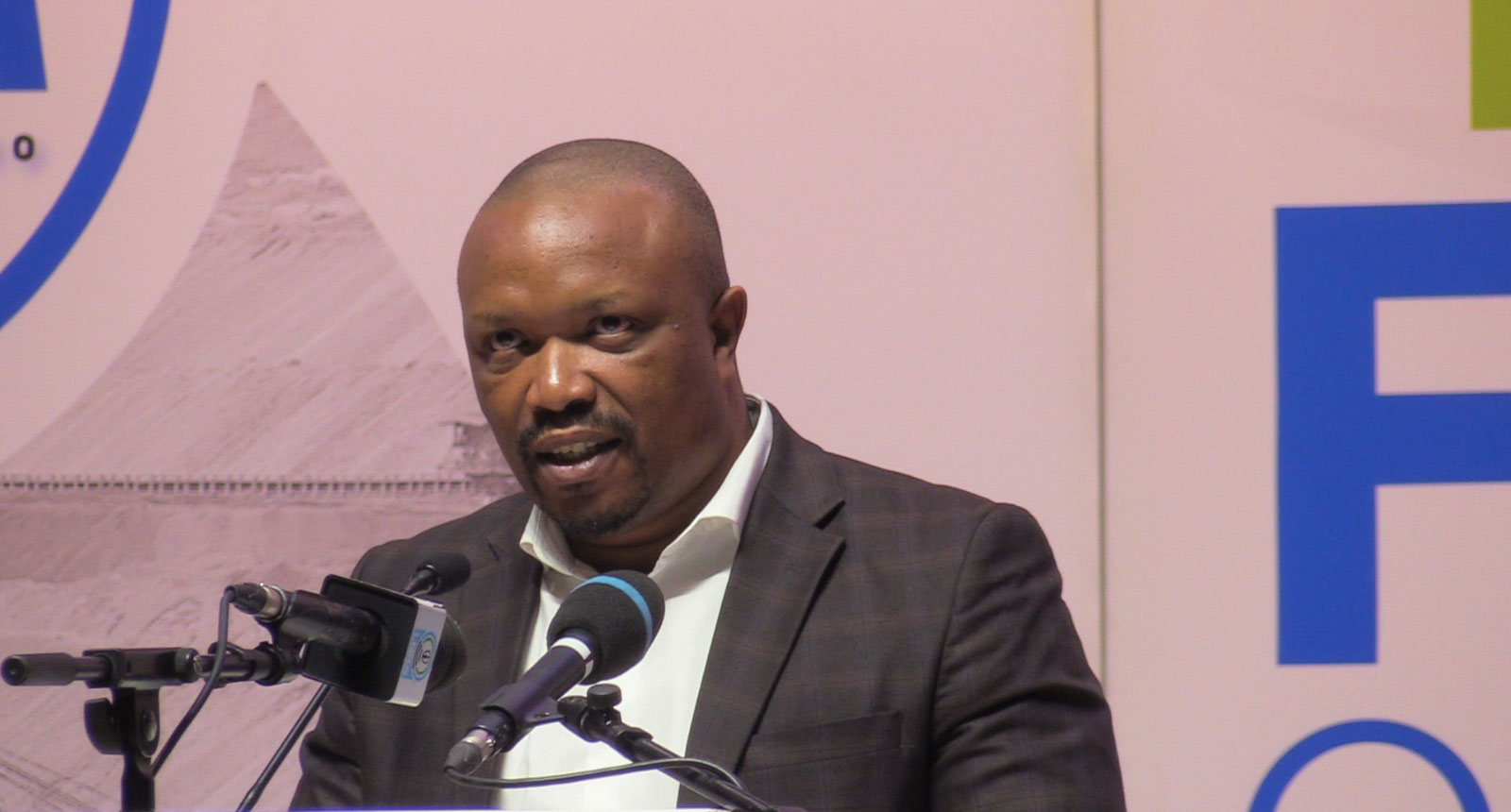
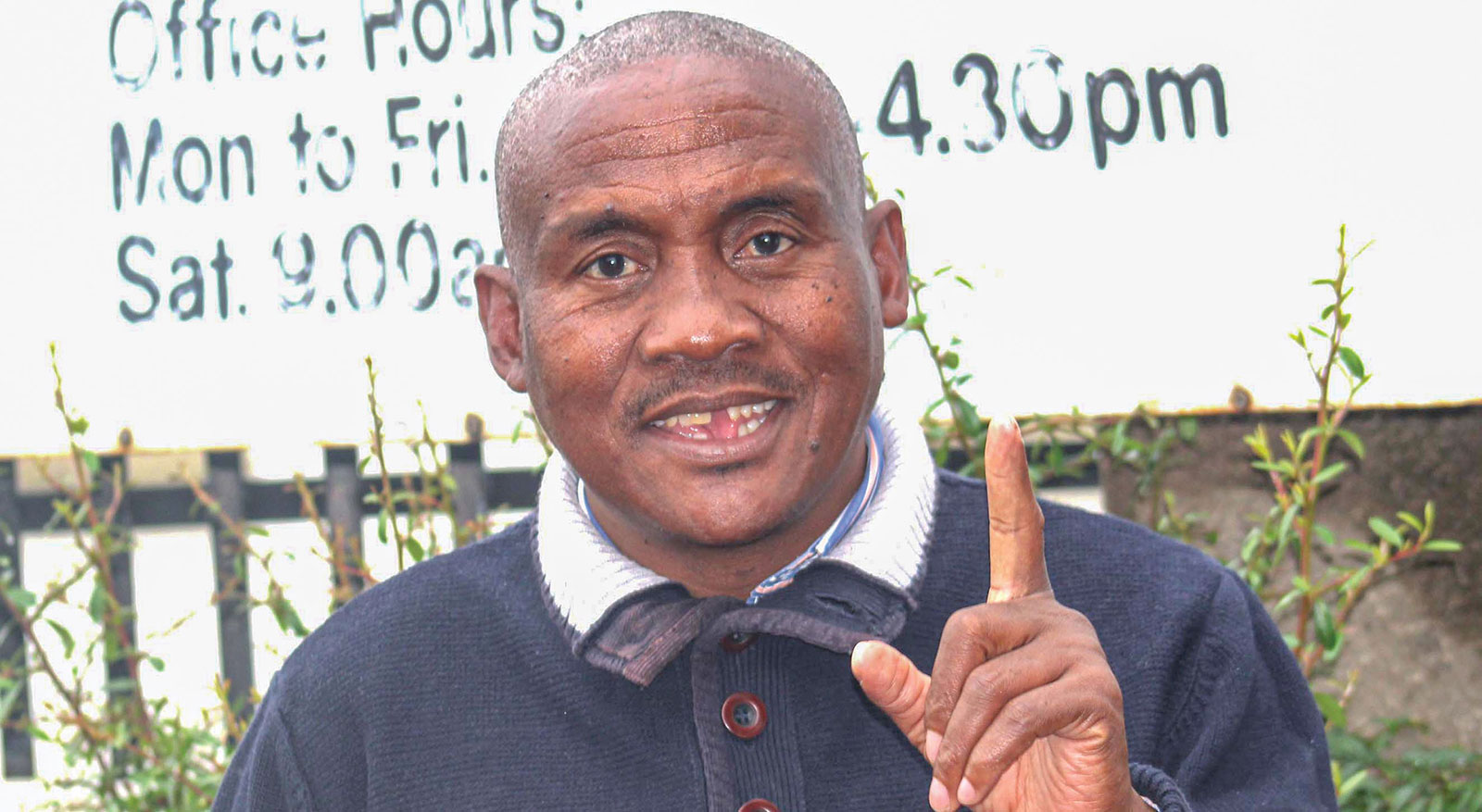
Thamae fighting for water rights
5 days ago